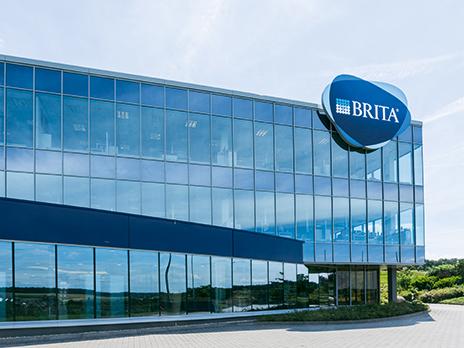At the end of April, Education Secretary Nadhim Zahawi announced the UK Government would be introducing a new Natural History GCSE on how to protect the planet, covering topics from climate change to biodiversity.
An increasing focus on the climate crisis in the media, has also led to greater eco-consciousness throughout society. One study found that eight in 10 feel guilty about the way they’re treating the planet[1]. And in December last year, PwC’s Global Consumer Insights Pulse Survey found that about half of respondents consider factors related to sustainability when making purchasing decisions[2].
So, what does this mean for businesses? With consumers admitting to considering sustainability when choosing where to shop, businesses must remain conscious of their environmental credentials across their entire business model. Consumers are also more aware of the impact of waste on the environment and are beginning to challenge traditional take, make, waste processes.
As a result, businesses need to tackle waste beyond disposable coffee cups and single-use plastic, for example, reducing machine waste by supporting machine longevity. The resulting business benefits are two-fold. Firstly, they attract eco-conscious consumers who are becoming increasingly aware of the actions businesses are taking to improve their environmental footprint, driven by their heightened sense of responsibility to the planet. Secondly, businesses will be able to reduce costs by not needing to purchase new equipment as often or pay for costly repairs. One of the easiest ways to prolong the lifespan of catering machines and maintain equipment warranty is by having the right water filter installed. Not only do professional water filtration systems reduce limescale build-up, but they also improve the quality of water used for making drinks – resulting in better tasting and smelling hot beverages. BRITA’s Purity C Finest, for example, is a hi-tech solution for baristas that also helps create an ideal crema. For bakers and chefs, there are also systems providing optimally filtered water for steam cooking that reduces aroma and taste-impairing elements, such as BRITA’s Purity C Steam.
When a business chooses a BRITA Professional filter, they are making the right choice for their sustainability values as well as their profits.
[1] https://www.nestle.co.uk/en-gb/media/pressreleases/allpressreleases/new-research-brits-overwhelmed-greener-lifestyles-eco-advice
[2] https://www.pwc.com/gx/en/industries/consumer-markets/consumer-insights-survey.html?utm_campaign=sbpwc&utm_medium=site&utm_source=articletext#consumers-care-more-about-sustainability-than-ever-before




